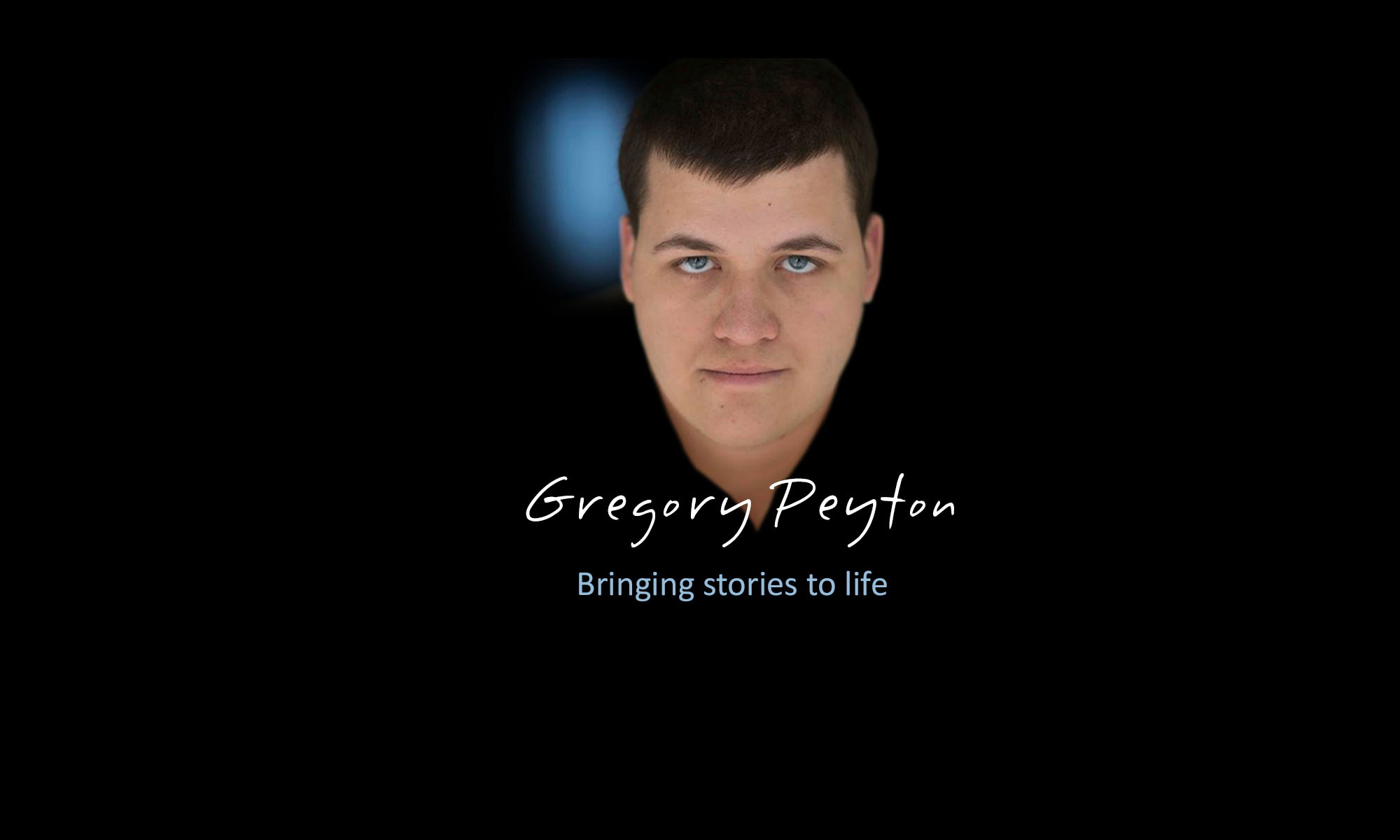I saw “Everest” last night.
I’m not really big on disaster films. I find that believable storywriting often takes a backseat to impressive setpieces, and generally excellent actors often turn in lackluster performances on what they know is a quick paycheck of a film. However, having seen films moving in an “experience” direction, with films like “Gravity” and “Interstellar” I was willing to take a chance.
All of the actors did an excellent job. Even actors that have had a reputation as mediocre like And I’m glad I did. “Everest” has none of the hallmarks of a “disaster” film- except for the whole “disaster” thing. That part still happens. Sam Worthington- though I admit I’ve not really thought that; I quite like Worthington- turned in an excellent performance. A large portion of the characters were Kiwis- natives of New Zealand- and I know that not all of the actors were, so their accent work should be commended. Jason Clarke as Rob Hall, the mountain guide, was an excellent “wise leader” type, and Keira Knightley pulls off a really impressively emotional performance as Rob’s wife Jan. Jake Gyllenhaal had an excellent turn as a cocky, adrenaline-junkie mountain guide. My favorite performance probably came from Josh Brolin as Beck, an arrogant Texan, who bordered on parody at times, but since I know Texans who are like that, I’m willing to forgive the man.
Nor, indeed, does “the shot” have mastery over good storytelling. This is helped by the fact that “Everest” is based on a true story, and therefore details can’t be outrageously exaggerated, or they risk offending the families of those who did not survive. Spoilers, I suppose: not everyone in a disaster film gets out alive. Nor, indeed, does everyone who tries to climb Everest.
The cinematography was everything I’d hoped for. There were a few shots that truly had me pressed back into my seat, gripping the arms of my chair. Perhaps this is partly because I saw the film in 3D, which I highly recommend, if you’re not one of those whose stomachs are upset by the effect. The camera often does those grand, sweeping shots, but it was often more impressive when the camera would simply start from a close-up of a character, or a medium shot of the group, and then pan to the side, to show the vastness of their surroundings, and how terrifyingly high they were. There is one shot that involves a character watching a storm approach his position…from below. There is also one sequence with a helicopter near the end that is probably one of my favorite pieces of cinematography that I’ve seen since “Interstellar.”
The soundtrack was very fitting, soaring and calming as the situation required. It added to the scenes without being overt about it, which is the sort of thing one wants in a film like this.
It’s not exactly a heartwarming film, people. (Well, I suppose it’s not much of an anything-”warming” film. It’s a bit cold.) Characters will indeed die, and since it’s based on a true story, don’t think that certain characters are safe because of how big-name the star is, or how much screen time they’ve gotten. I’m just warning you – it’s not a happy ending for everyone.
I came out of “Everest” ready to recommend it, and as I type this up, I still am. If you get too nervous with heights, or cold, or bad weather in films, or danger in general, then you might want to give this one a pass. If every film that you go and see must have a happy, sweet ending in order for you to feel that you’ve gotten your money’s worth, then this isn’t for you, either. And finally, if you are easily irritated with the phrase “Come on down,” then I cannot recommend enough that you pass this film by, as they say that quite a few times. Otherwise, give it a shot, make the climb, this film’s the very top… some sort of quippy mountain pun.
